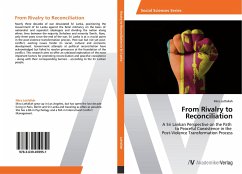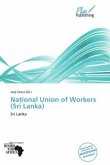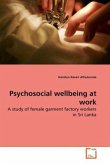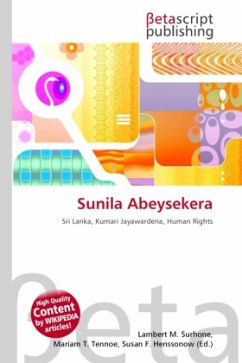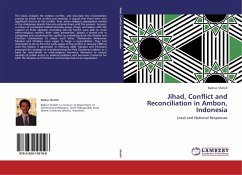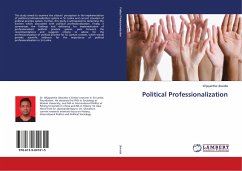Nearly three decades of war devastated Sri Lanka, positioning the Government of Sri Lanka against the Tamil militancy on the basis of nationalist and separatist ideologies and dividing the nation along ethnic lines between the majority Sinhalese and minority Tamils. Now, only three years since the end of the war, Sri Lanka is at a crucial point in the post-violence transformation process. Post-war but not yet post-conflict, existing issues hinder its social, cultural and economic development. Government attempts at political reconciliation have acknowledged but failed to resolve grievances at the foundation of the conflict. This research aims to offer an unbiased exploration of the most important factors for promoting reconciliation and peaceful coexistence - along with their corresponding barriers - according to the Sri Lankan people.
Bitte wählen Sie Ihr Anliegen aus.
Rechnungen
Retourenschein anfordern
Bestellstatus
Storno

